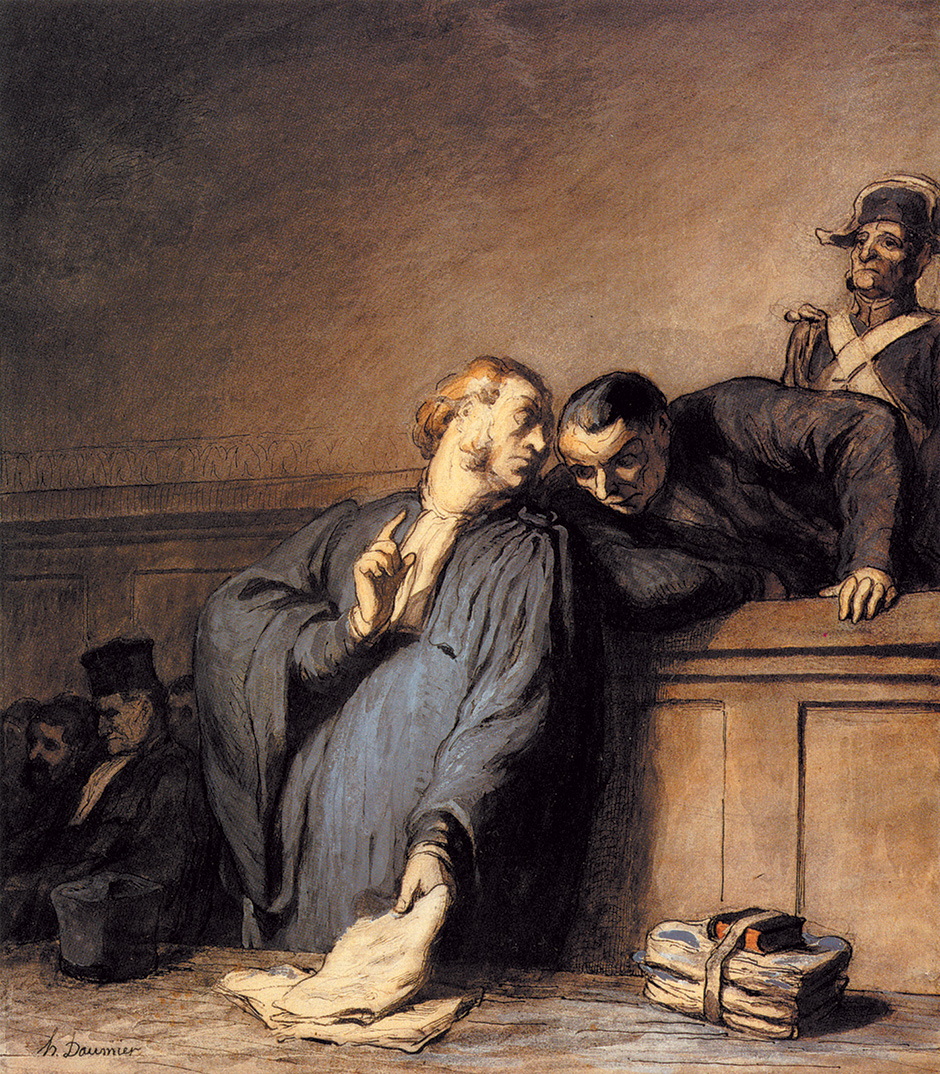Why Innocent People Plead Guilty

The criminal justice system in the United States today bears little relationship to what the Founding Fathers contemplated, what the movies and television portray, or what the average American believes.
To the Founding Fathers, the critical element in the system was the jury trial, which served not only as a truth-seeking mechanism and a means of achieving fairness, but also as a shield against tyranny. As Thomas Jefferson famously said, “I consider [trial by jury] as the only anchor ever yet imagined by man, by which a government can be held to the principles of its constitution.”
The Sixth Amendment guarantees that “in all criminal prosecutions, the accused shall enjoy the right to a speedy and public trial, by an impartial jury.” The Constitution further guarantees that at the trial, the accused will have the assistance of counsel, who can confront and cross-examine his accusers and present evidence on the accused’s behalf. He may be convicted only if an impartial jury of his peers is unanimously of the view that he is guilty beyond a reasonable doubt and so states, publicly, in its verdict.
The drama inherent in these guarantees is regularly portrayed in movies and television programs as an open battle played out in public before a judge and jury. But this is all a mirage. In actuality, our criminal justice system is almost exclusively a system of plea bargaining, negotiated behind closed doors and with no judicial oversight. The outcome is very largely determined by the prosecutor alone.
In 2013, while 8 percent of all federal criminal charges were dismissed (either because of a mistake in fact or law or because the defendant had decided to cooperate), more than 97 percent of the remainder were resolved through plea bargains, and fewer than 3 percent went to trial. The plea bargains largely determined the sentences imposed.
While corresponding statistics for the fifty states combined are not available, it is a rare state where plea bargains do not similarly account for the resolution of at least 95 percent of the felony cases that are not dismissed; and again, the plea bargains usually determine the sentences, sometimes as a matter of law and otherwise as a matter of practice. Furthermore, in both the state and federal systems, the power to determine the terms of the plea bargain is, as a practical matter, lodged largely in the prosecutor, with the defense counsel having little say and the judge even less.
It was not always so. Until roughly the end of the Civil War, plea bargains were exceedingly rare. A criminal defendant would either go to trial or confess and plead guilty. If the defendant was convicted, the judge would have wide discretion to impose sentence; and that decision, made with little input from the parties, was subject only to the most modest appellate review.
After the Civil…
This is exclusive content for subscribers only – subscribe at this low introductory rate for immediate access!
Unlock this article, and thousands more from our complete 55+ year archive, by subscribing at the low introductory rate of just $1 an issue – that’s 10 issues online plus six months of full archive access for just $10.
Purchase a trial Online Edition subscription and receive unlimited access for one week to all the content on nybooks.com.
If you already have one of these subscriptions, please be sure you are logged in to your nybooks.com account. If you subscribe to the print edition, you may also need to link your web site account to your print subscription. Click here to link your account services.
